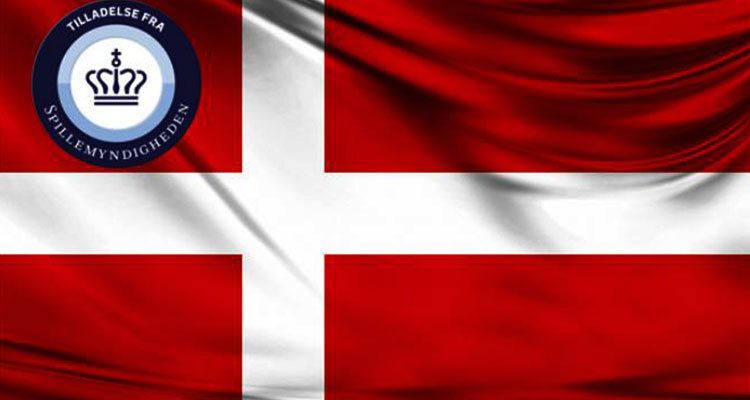The Danish Gambling Authority, Spillemyndigheden, has begun its whistleblower program, which enables employees to report a firm’s violation or potential violation of the anti-money laundering legislation.
With a focus on anti-money laundering legislation, an employee can send an anonymous, encrypted report to the Gambling Authority via an established contact form that can be found on the regulator’s website.
According to the official news release…
When the executive authority receives a report, it will conduct a legal assessment and will decide whether or not further action is required.
The launch of the initiative follows heightened legal measures from the Danish regulator, which is tasked with the administration of gambling legislation, including betting, lotteries, online casinos, public poker tournaments, gaming machines, and land-based casinos.

Code effective July 1:
With hopes of strengthening consumer protection and lowing the risk of gambling addiction in the Scandinavian country, Spillemyndigheden published a new code of conduct in March.
Expected to come into force on July 1, 2019, the code that been structured via a collaboration between the Danish Online Gaming Association (DOGA), the country’s casino operator body, Dansk Kasinoforening, and the association whose main purpose is safeguarding the interests of the members associated with land-based slot games, Dansk Automat Brancheforening.
Warning to operators:
In April, Spillemyndigheden issued a warning to operators regarding bonus offers and ensuring that they are in keeping with rules set by the Danish Consumer Ombudsman on 29 February 2016.
According to the regulator, “the use of the word ‘free’ when advertising a bonus offer is misleading if the offer involves a turnover requirement. This is against the Danish Marketing Practices Act.”
“The same applies to the terms ‘free of charge,’ ‘free spins,’ and ‘free bet’ if the offer involves a turnover requirement. The use of these terms may lead consumers to expect that the offer is actually free and without any limitations, thus, the offer violates the rules if the bonus offer is not actually free,” the statement read.



